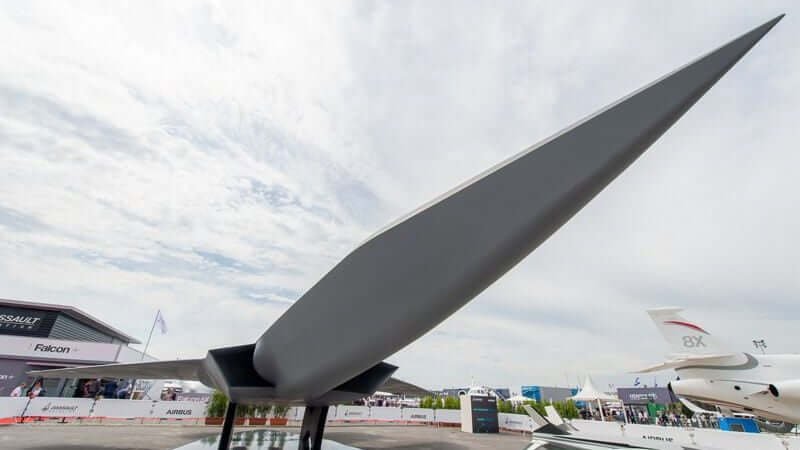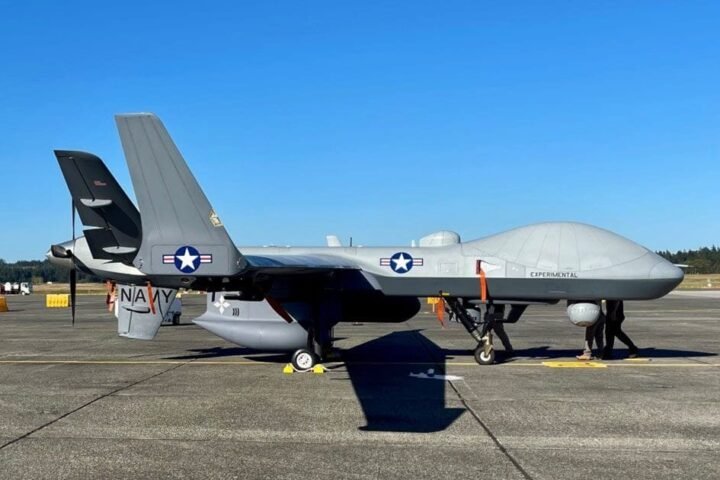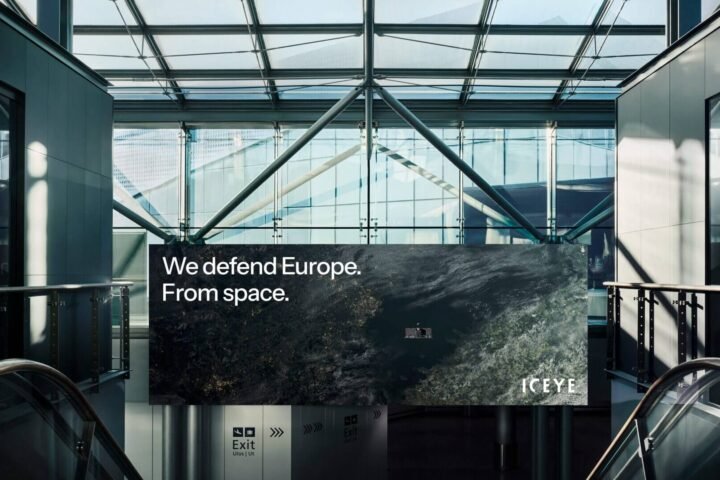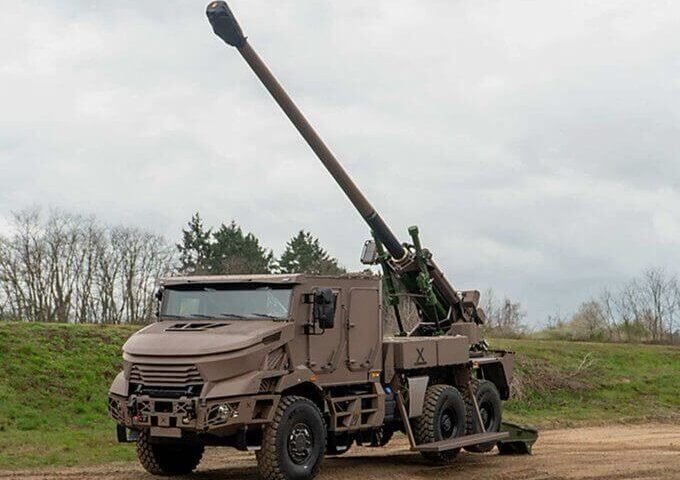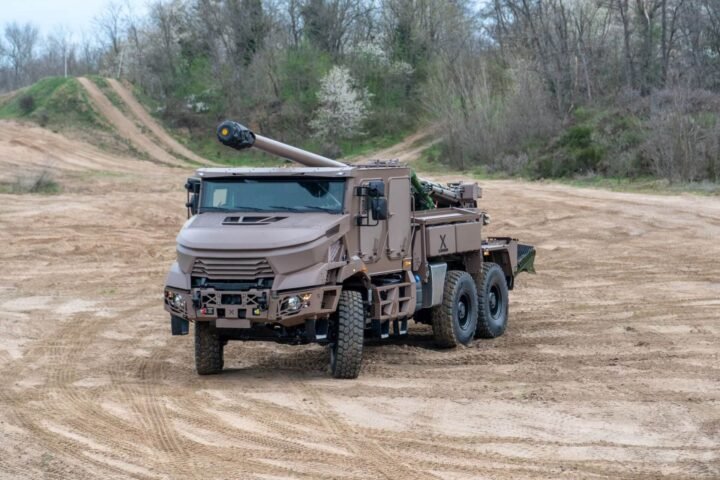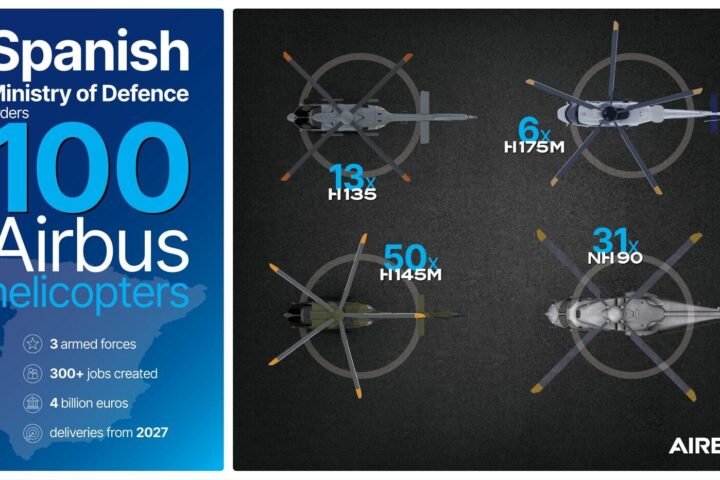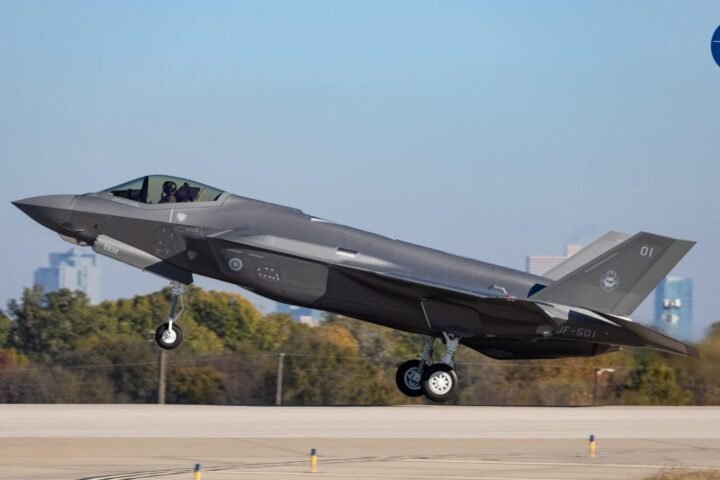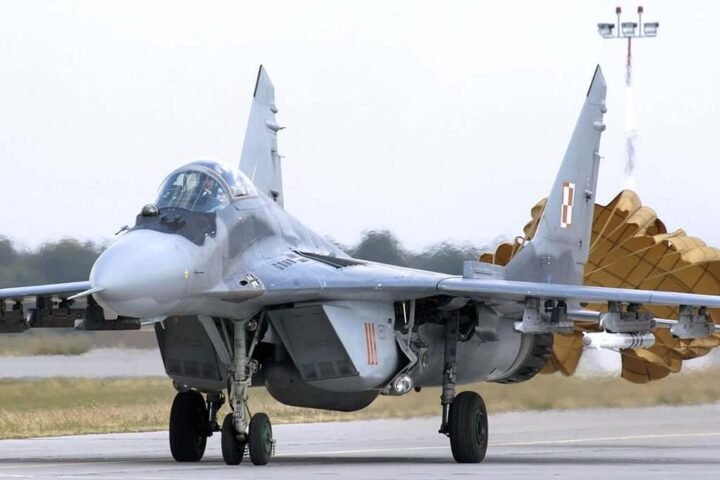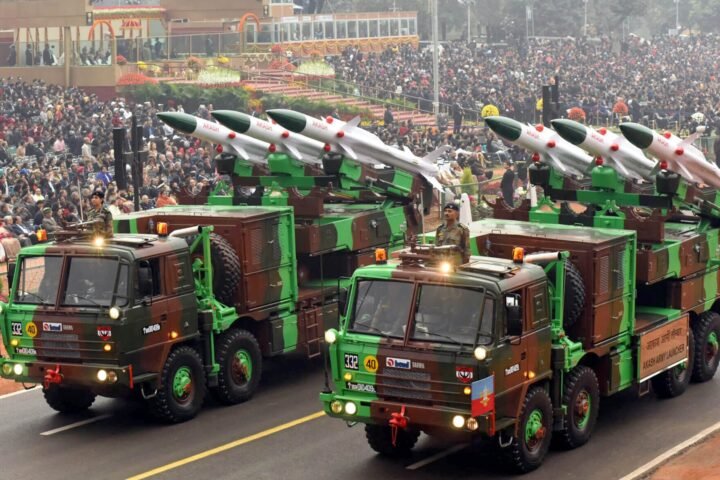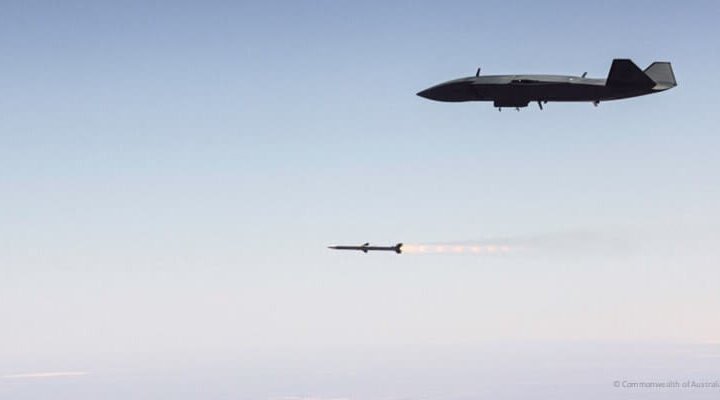The Future Combat Air System (FCAS) program, the sixth generation European fighter set to replace Rafale and Eurofighter from 2040, enters a critical phase. As per a document from the German Defense Ministry viewed by Reuters, French industry is blocking the start of the second phase of the project by demanding the sole leadership of the program, with serious implications for German participation.
This document, sent to the Bundestag budget committee, warns Berlin: if Paris should gain concessions, the German industrial capacity may face significant downsizing, undermining not only the balance of the consortium but also the efficiency of the future aircraft itself.
Back in July, industry sources had revealed that France would demand about 80% of the FCAS work share, a percentage deemed unacceptable by Berlin. The issue is all the more urgent as the second phase of the program, the development of flight demonstrators, should start by the end of the year, involving the first substantial financial outlays.
Without directly naming names, the German document indirectly points at Dassault Aviation, in charge of developing the manned aircraft. CEO Eric Trappier had already stated in July that the project required ‘clearer leadership’, complaining that crucial decisions were influenced by a trilateral process with Airbus and Indra, causing delays and complexities.
According to Reuters, Dassault declined to comment on the accusations, but the French stance remains firm: the fighter, the heart of the FCAS, must have a defined guide, with France taking the lead.
The issue will be central to the meeting between French President Emmanuel Macron and German Chancellor Friedrich Merz, scheduled for Thursday in Bregançon and Friday in Toulon, along with the competent ministers.
While Paris downplays the differences calling them ‘minor’, Berlin insists on the need to respect the already agreed arrangements, which provided for a division by ‘pillars’: manned aircraft, engine, remote carriers, and combat cloud.
The FCAS program, which also involves Spain with Indra, is worth an estimated over 100 billion euros. It is considered crucial for European strategic autonomy but has been afflicted by delays, disagreements on intellectual property rights, and tensions among industrial partners from the start.
The risk now is that the ongoing tug of war between France and Germany not only complicates the timetable but also undermines the credibility of one of the most ambitious defense projects in Europe.

